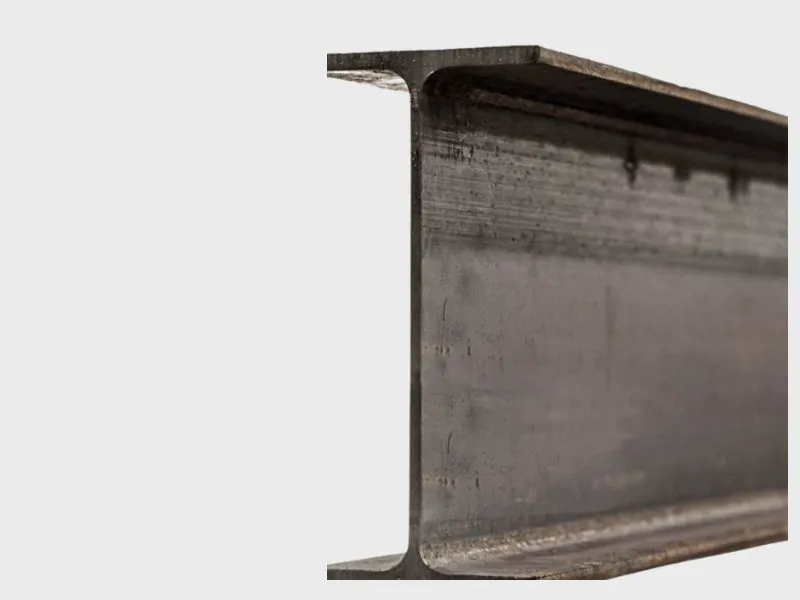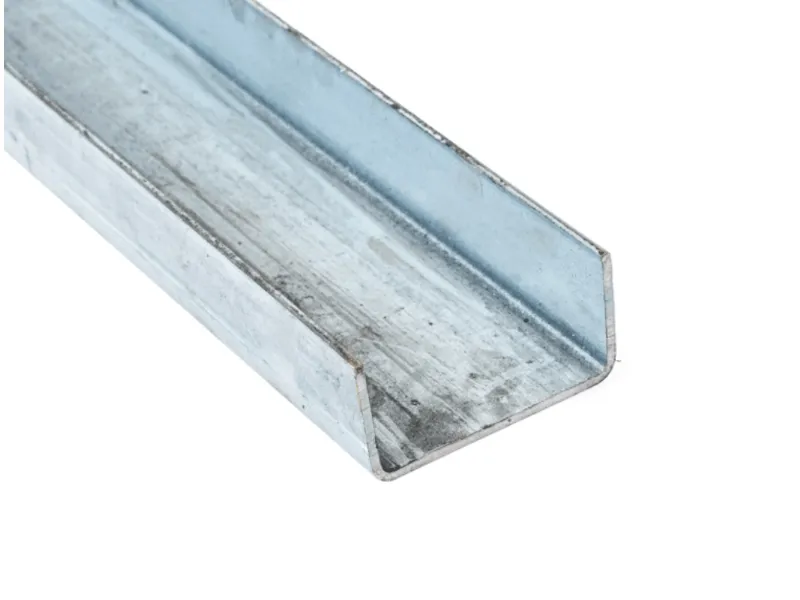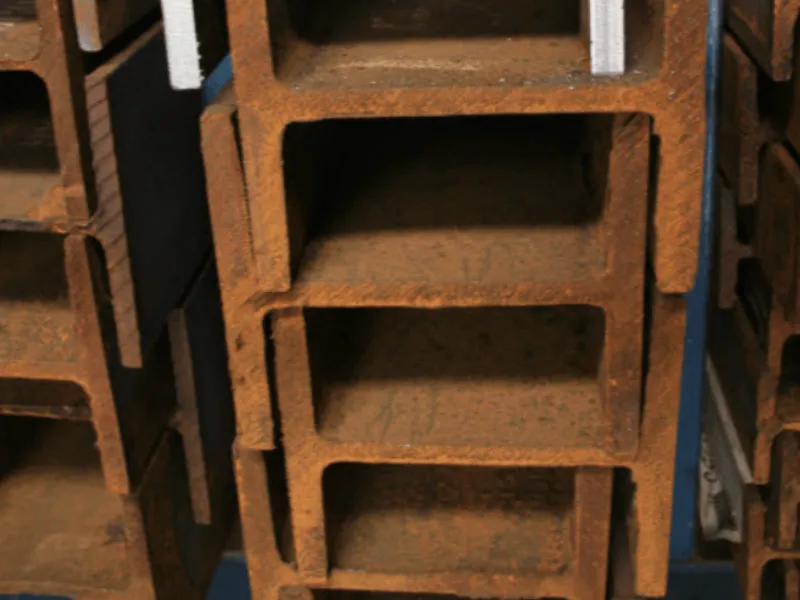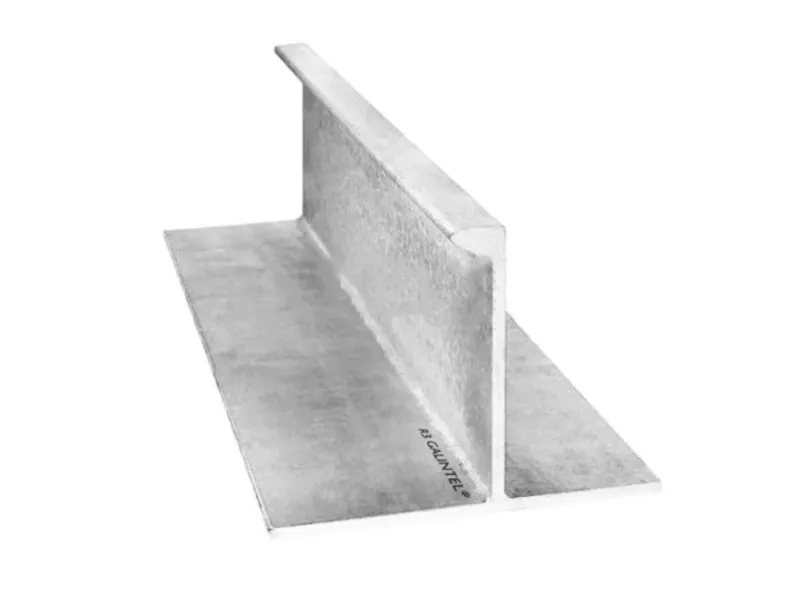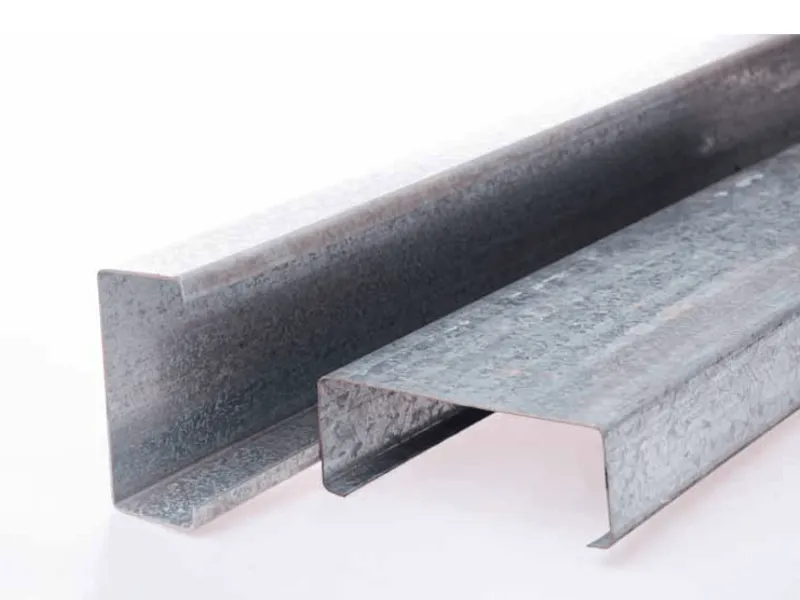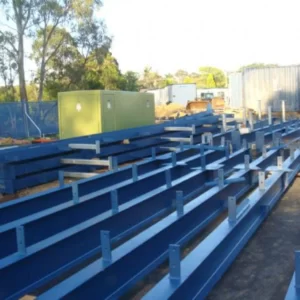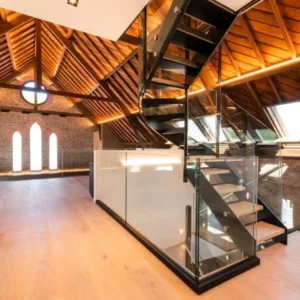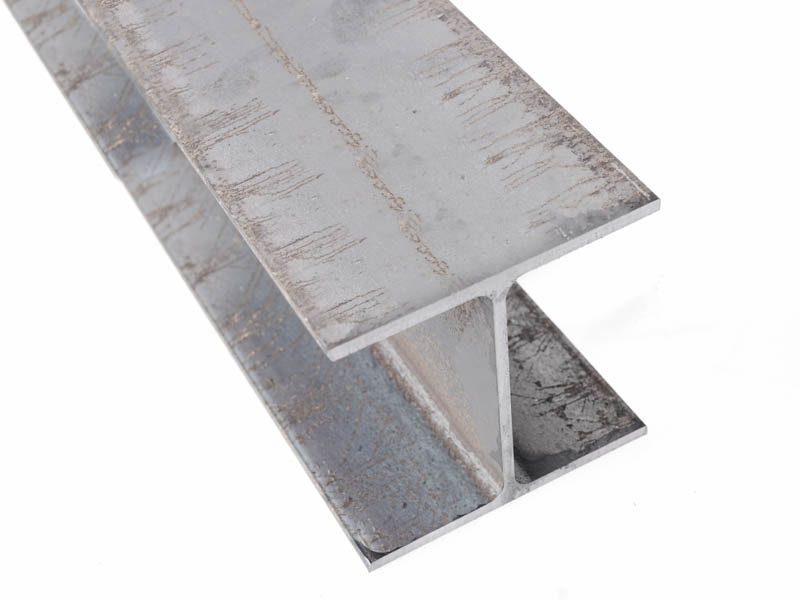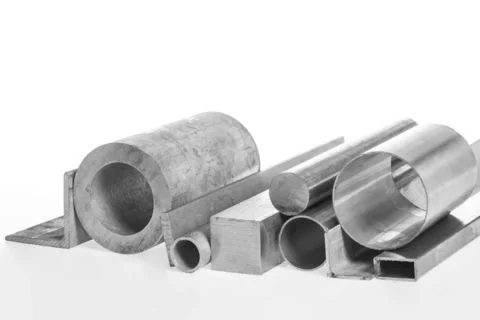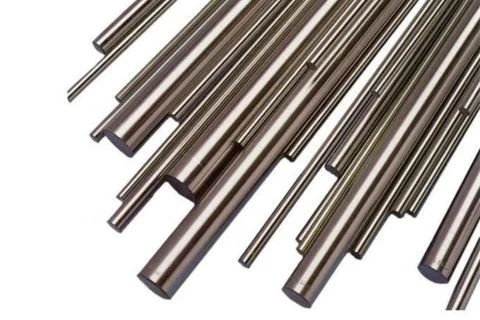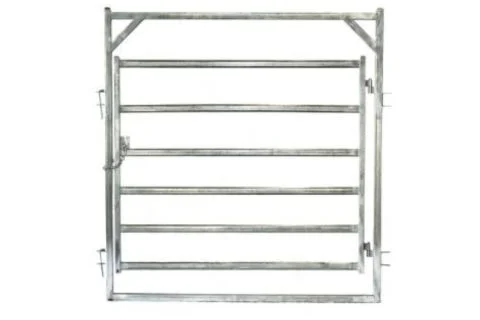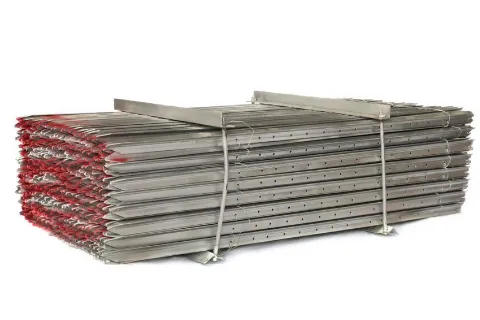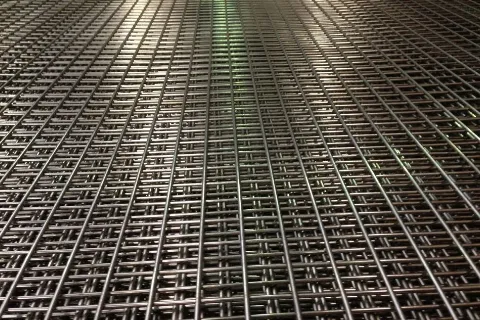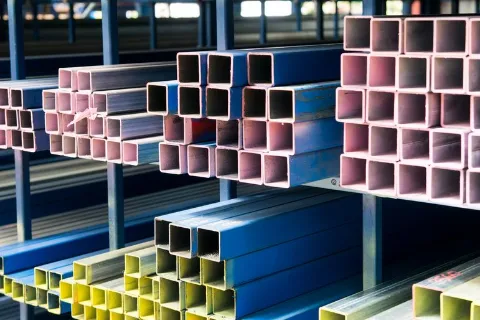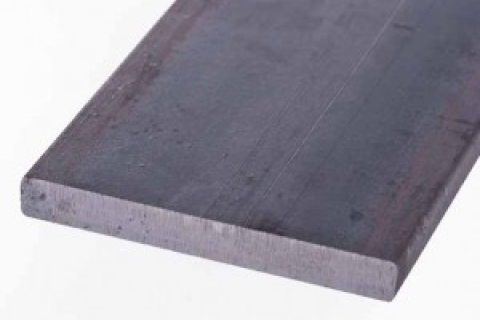Beginners Guide to Steel: Structural Steel
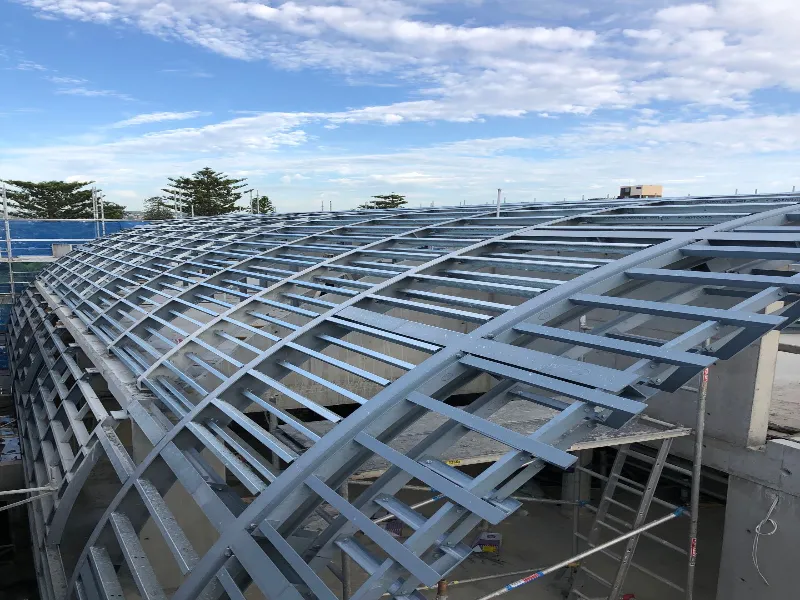
Beginners Guide to Steel: Structural Steel
The latest edition of our beginner’s guide to steel is all about structural steel. An essential material in the design and construction of homes, buildings, bridges, and other infrastructure projects, structural steel is a cornerstone of so many industries.
Here, we delve into the key characteristics of structural steel, the various types available, and their diverse applications in so many industries.
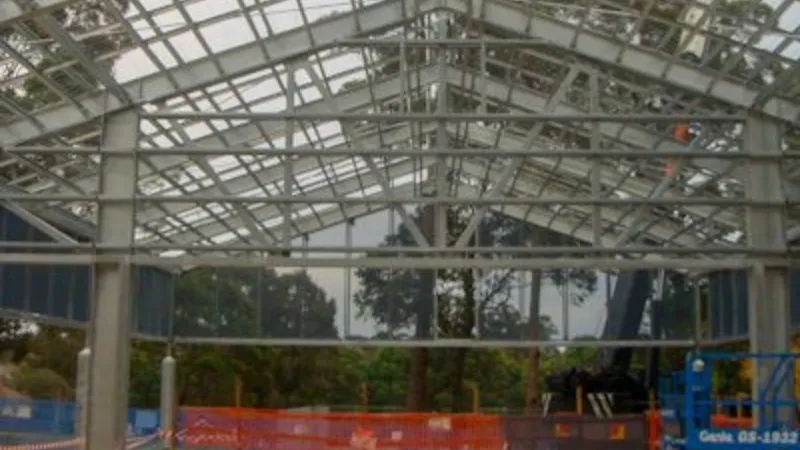
Characteristics of Structural Steel
One of structural steel’s defining features is its high strength-to-weight ratio, which allows it to support heavy loads while remaining relatively lightweight compared to other building materials, like concrete and timber.
Structural steel is also highly ductile, meaning it can undergo significant deformation before failing. This makes it suitable for structures subjected to dynamic forces like strong wind or seismic activity.Its ductility means it can be structural steel can be fabricated into various shapes and sizes, allowing for flexibility in design and construction.
While structural steel can deform under extremely high temperatures, it does not burn or contribute to the spread of fire, and its load-bearing capacity can be protected with fire-resistant coatings.
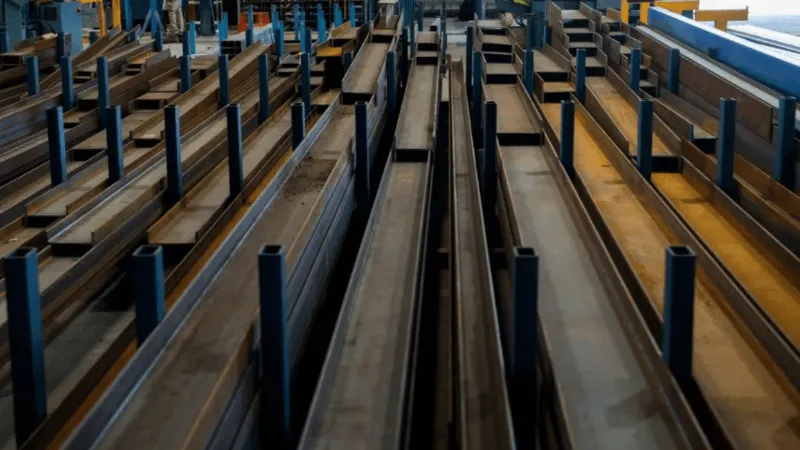
Our extensive range of structural steel
With over 50 years of expertise, we’re a leading supplier of quality structural steel for residential, infrastructure, retail, commercial, education, marine, mining, defence and more.
We specialise in structural steel supply and fabrication, so we’ve got your structural steel needs covered.
Explore the product groups below to find the right steel solution for your next project.
Browse Edcon’s range of Structural Steel
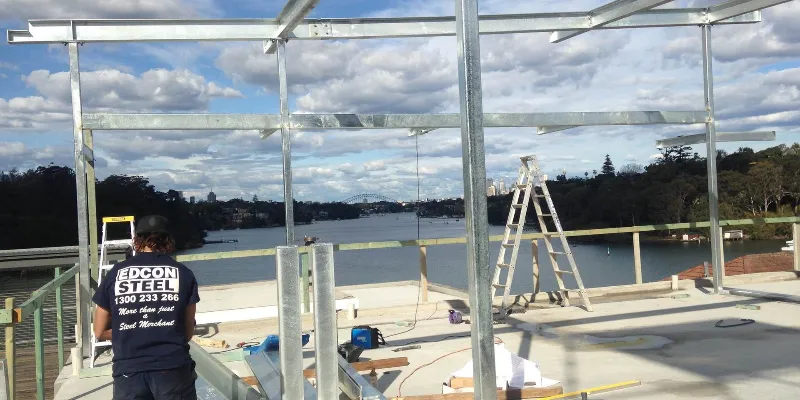
Applications of Structural Steel
Structural steel has completely changed the possibilities of design and construction, particularly when it comes to open-span or long-span designs found in stadiums, bridges, shopping centres, homes, and gymnasiums.

Cricket Ground
Whether for aesthetic reasons or practical purposes, structural steel offers an enormous advantage for open and long-span designs because of its strength-to-weight ratio compared with other commonly accessed building products.
Edcon Steel has been involved in many structural steel projects that make the impossible, possible.
Building construction:
Structural steel is essential in building construction. Its strength allows for tall, slender buildings with large open spaces, and its flexibility supports innovative architectural designs. Structural steel frames provide the structural backbone for skyscrapers, offering strength and flexibility in design. Due to its reliability and speed of construction, structural steel is used in beams, columns, and other load-bearing elements in residential buildings. Structural steel is also used in industrial facilities, such as factories and warehouses, to support heavy machinery and infrastructure.
Bridges and Infrastructure:
Structural steel’s high strength makes it a vital material for bridges, tunnels, and overpasses. Its high strength allows for long spans and lightweight designs, which is crucial for bridge construction. Steel beams and girders are also used to create robust infrastructure that withstands heavy traffic loads.
Transportation:
Due to its durability and impact resistance, structural steel is widely used in vehicle frames, including cars, trucks, and trains, as well as railway tracks and transport infrastructure.
Energy Sector:
Structural steel structures support turbines, boilers, and other critical components in thermal and nuclear power plants. Able to withstand harsh environmental conditions, structural steel pipes and platforms are also used in offshore drilling and refinery operations.
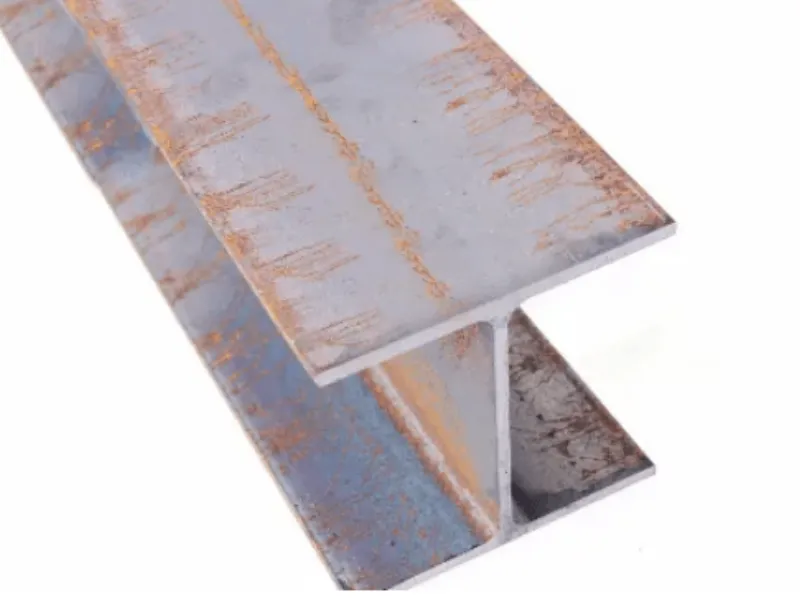
Types of Structural Steel
Edcon Steel stocks a range of structural steel beams, columns and channels. If you’re looking for more information on products, we’ve created a helpful guide for beginners to assist you in choosing the right structural steel product from our range.
Carbon Steel: The most common type of structural steel. Composed primarily of iron and carbon, it is classified based on its carbon content:
- Low-carbon structural steel contains up to 0.3% carbon and is used in applications requiring good formability and weldability.
- Medium carbon structural steel contains 0.3% to 0.6% carbon, offering higher strength and hardness.
- High-carbon structural steel contains more than 0.6% carbon, providing exceptional strength but less ductility
- Alloy Steel is enhanced with other elements (e.g., manganese, chromium, nickel) to improve specific properties like strength, corrosion resistance, or toughness.
- Stainless Steel contains chromium (at least 10.5%) for corrosion resistance, making it suitable for applications where aesthetic appeal and durability are critical.
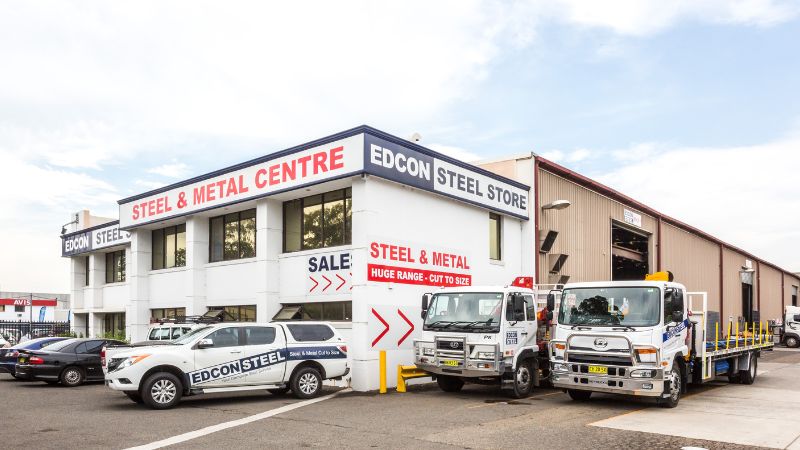
Buy steel online. Delivery or In-store pick up.
At Edcon Steel, we’re your one-stop shop for steel. Available for a quote and online purchase 24/7, you can browse over 2,000 steel products. Plus, most of our stocked products can be custom-cut to your requirements, so you only pay for what you need.
Browse our online steel store or search to find the right steel or metal for your next project.

